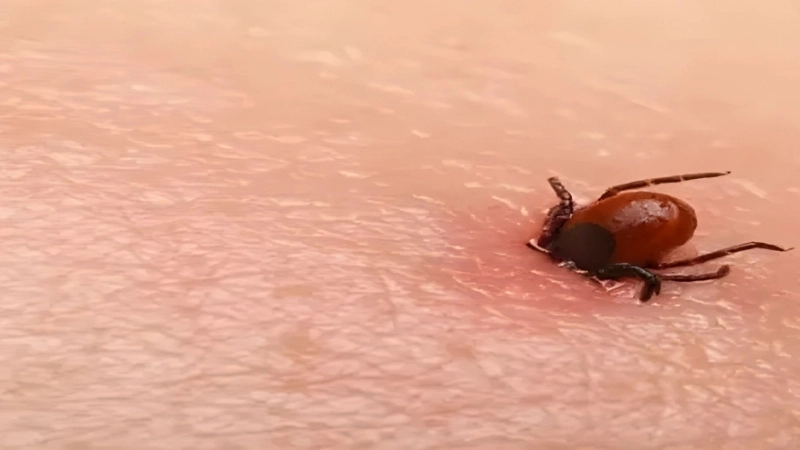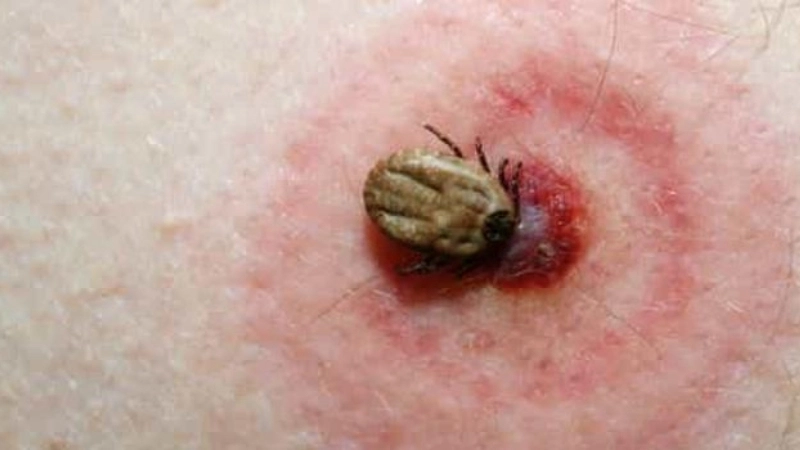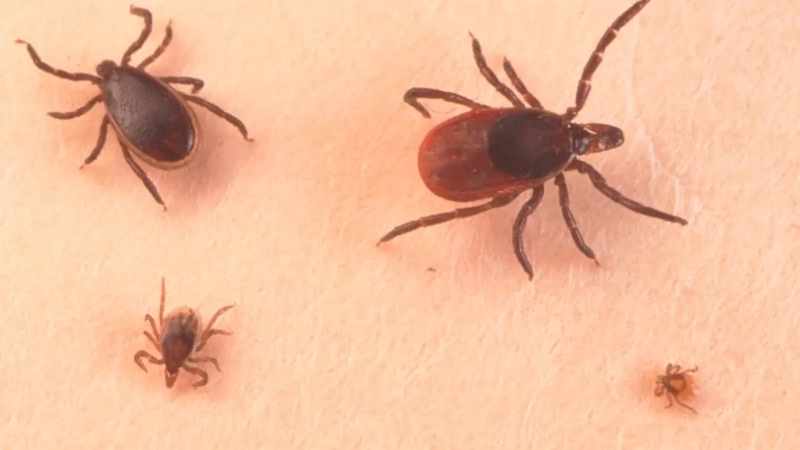That summer flu could be something more serious, especially after a tick bite. Don't ignore the warning signs of this emerging illness. Understanding Heartland Virus Disease is your first line of defense against its potentially severe, long-term effects.
What are the main causes of Heartland Virus Disease?
- Heartland Virus Disease is an illness caused by a virus transmitted to humans through the bite of the infected Lone Star tick.
- Most reported cases have occurred in the southern and midwestern United States, as shown on the Heartland virus cases map.
- The virus is not contagious from person to person; transmission occurs exclusively through the bite of an infected tick carrying the virus.

Key symptoms of Heartland Virus Disease to watch for
- Common heartland virus symptoms include fever, fatigue, headache, muscle aches, and a decreased appetite, appearing within two weeks of a tick bite.
- Many patients also experience nausea, diarrhea, and a notable decrease in their white blood cell and platelet counts upon diagnosis.
- Symptoms can be similar to other tick-borne illnesses like Ehrlichiosis, and some patients report long term effects like persistent fatigue for months.
How can you prevent Heartland Virus Disease effectively?
- The best prevention of Heartland Virus involves avoiding tick bites by using EPA-registered insect repellents and wearing protective clothing outdoors.
- Perform thorough tick checks on your body, clothing, and pets after spending time in wooded or grassy areas where ticks are common.
- There is no specific treatment for this virus, so prompt diagnosis of Heartland Virus through blood tests is crucial for supportive care.
>>> Learn fully at: California encephalitis - Protecting children from mosquito bites
What the symptoms of look like Heartland Virus Disease





>>> Read more here: Chikungunya - Managing the severe joint pain and symptoms
Tick-borne illnesses require vigilance and prompt action. If you develop a fever or other symptoms after a tick bite, contact a healthcare provider immediately. Early medical care is vital for managing symptoms and preventing severe complications.
>>> See more: Colorado tick fever - A viral infection from the Rocky Mountain wood tick






